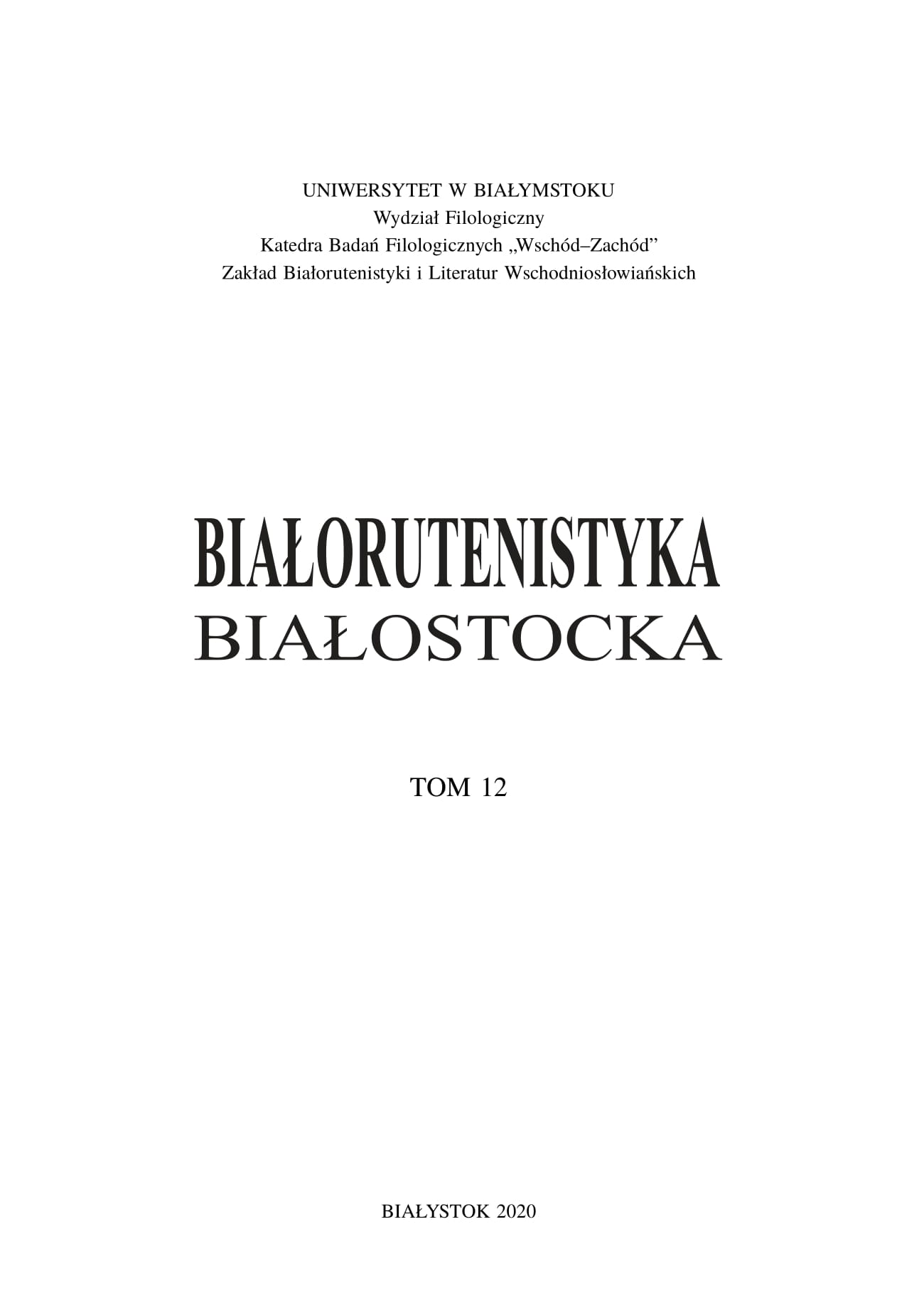Паэма Янкi Купалы «Сон на кургане» ў кантэксце еўрапейскай рамантычнай традыцыi
Yanka Kupala’s poem “The Dream on the Mound” in the context of European romantic tradition
Author(s): Halina TyczkoSubject(s): Language and Literature Studies, Studies of Literature, Belarussian Literature
Published by: Wydawnictwo Uniwersytetu w Białymstoku
Keywords: symbolism – an allegorical poem; “open form” drama; lost treasure; independence; image of Belarus,; wedding motive; Christian interpretation
Summary/Abstract: The symbolic-allegorical poem by Yanka Kupala “The Dream on the Mound” has a syncretic character. The work presents two worlds: the real and the mystical – created on the basis of combining elements of folk mythology and culture with images and symbols of world art practice. The poem of Yanka Kupala in terms of composition complies with the principles of the drama “open form”, which uses the technique of variable points of view, fragmentary scenes without a clear causal connection. The protagonist of the work Sam is an exceptional person, the hypothetical Savior – alone (he) is trying to return the nationwide lost treasure – the independence of the country and the freedom of the people. The associative relationship of the image of a woman mother and the image of Belarus was a special feature of the early 20th century national literature. In the work of Kupala, this image is connected with the Christian motif – Bride (church)), waiting for her Bridegroom (Christ) and wedding (second coming). For Kupala, the Bride is Belarus, and the Groom is represented by liberation forces that will bring her long-awaited independence. The peculiarity of the reflection of the wedding in the works of Yanka Kupala is shown in its incompleteness and duality.
Journal: Białorutenistyka Białostocka
- Issue Year: 2020
- Issue No: 12
- Page Range: 53-71
- Page Count: 19
- Language: Belarusian

